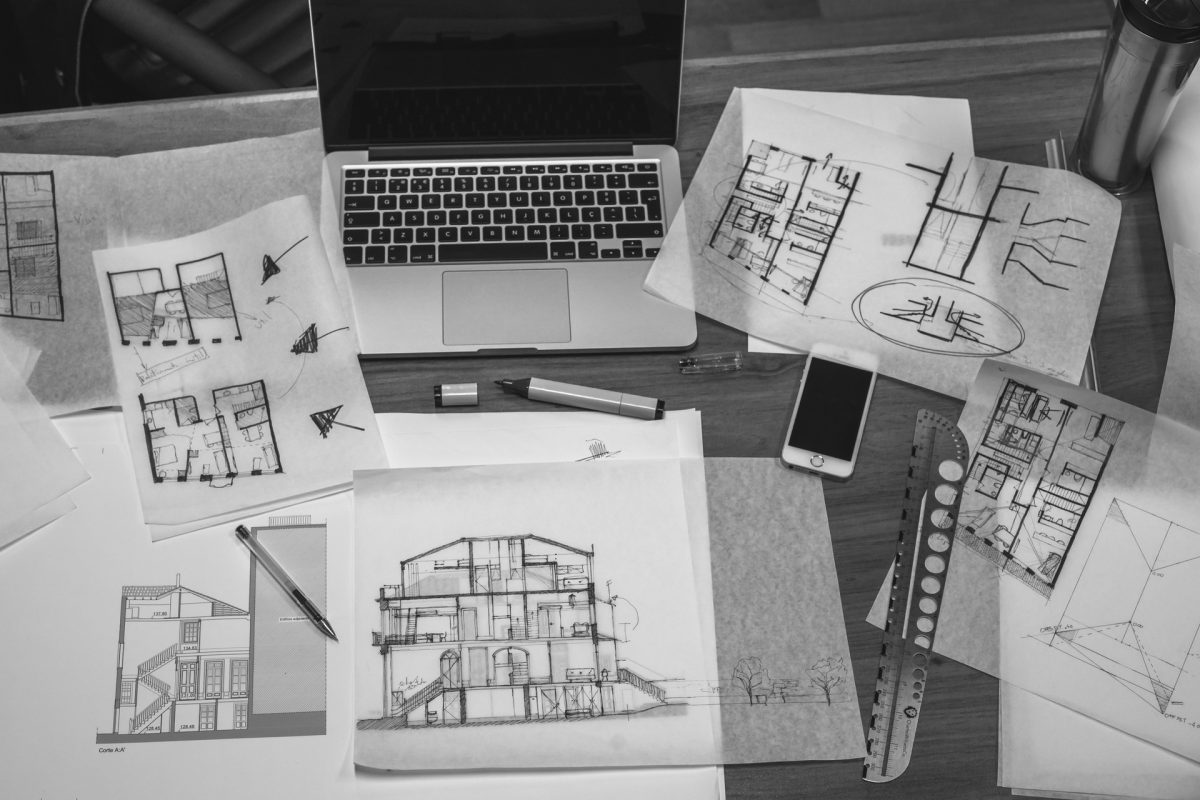An analysis of the role and effectiveness of the building and planning system in delivering sustainable cities.
Project Outline
This project will analyse the role of building and planning policy and regulations in delivering sustainable cities. There is currently a failure in Victoria and many other places around Australia (and internationally) to deliver on sustainability outcomes through building and land-use planning policy settings. There are gaps in the current system with neither the building codes nor the planning system achieving stated sustainability goals. This is due in part to weak policies and a failure to effectively implement regulations; and is exacerbated by sustainability objectives falling ‘between’ the building and planning policy domains. Despite the rhetoric of sustainability, development decisions continue to be made that are contrary to principles of ecologically sustainable development and continue to increase our vulnerability to climate change.
The aim of this project is to examine why the planning and building system is failing to achieve sustainability goals and what can be done to improve current policy and regulatory frameworks and their implementation. In summary the project will:
- Review existing policy and best practice: Conduct a critical review of existing policy in Australia (focused on Victoria and NSW) in building and land-use planning with regards to sustainability. This will then be augmented with a review of 3-5 leading international examples of relevance to the Australian context, highlighting policy goals, objectives, mechanisms and outcomes where building and land-use planning have delivered improved sustainability outcomes.
- Assess the development and implementation of Sustainability Assessment Tools for use in regulatory development assessment: This analysis will focus on a case study of attempts to develop effective sustainability policies and assessment criteria in Victoria. Between 2000 and 2015 a group of local councils developed and implemented the STEPs/SDS/BESS sustainability tools. We will review this process and the outcomes. Analysis will be undertaken of at least 20 VCAT cases where the use of these tools has been challenged to understand how the current system deals with the issues of improving sustainability outcomes. A number of more innovative developments engaging with deeper sustainability (both at the building level but also at the precinct scale) will also be examined with regards to their passage through the building and planning system.
- Conduct Interviews with the Profession: Interviews will be conducted with 8-10 leading current and former key stakeholders/planning practitioners with knowledge about the challenge of addressing sustainability within the current planning system. This will allow for a more detailed understanding of the current problems being faced and how improvements could be made.
- Communicate and publish outputs: The analysis from steps 1-3 will be communicated and disseminated through the following outputs:
a. A public seminar to present the analysis and include some key guest speakers. Invitees will include key local councils and planning/building practitioners, key community groups working in the “sustainability space” and the general public.
b. Research report detailing the outcomes of steps 1-4.
c. Public forum written pieces (e.g. The Age, The Conversation) aimed to stimulate further discussion about the research and possible outcomes moving forward.
d. Academic journal papers (2-3) in Australian and international journals. This would allow for peer review of the project. It is anticipated that the public seminar will be held during the September quarter this year.
Benefit
This project will provide insight into the reasons why the existing building and land-use planning policy and regulations are failing to deliver on sustainability objectives. The project will develop a set of recommendations and proposed pathways for improved policy and regulatory settings based on sound evidence. The project outcomes will seek to engage with the broader community to assist in advocating for improved sustainability outcomes through the planning and building system.




